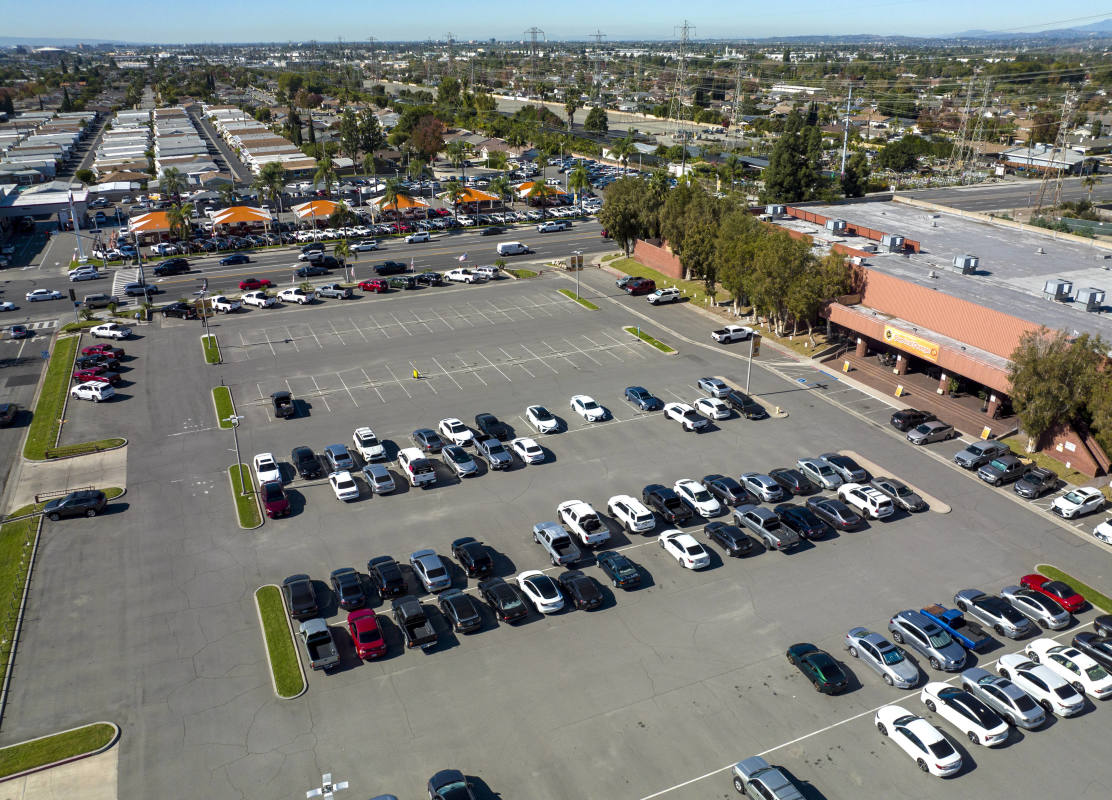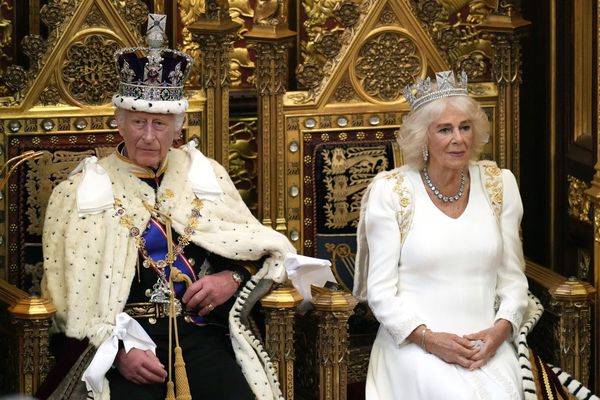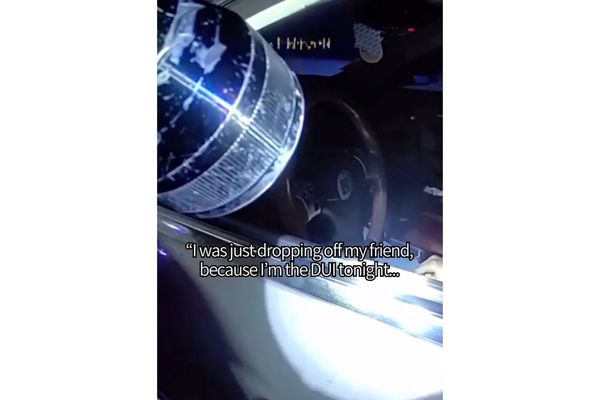
If a deal is not reached by midnight on Thursday, the United Auto Workers union — which consists of nearly 150,000 members — will begin a rolling strike across a variety of auto factories.
Union president Shawn Fain, who is seeking 40% wage increases and a 32-hour work week, among other things, said late Wednesday that the negotiations between him and the Big Three Detroit automakers — General Motors (GM) -), Ford (F) -) and Stellantis (STLA) -) — are making some, but not enough, progress.
Related: Former Ford CEO warns UAW members its leader is 'playing a dangerous game'
"We're making progress. But we're still very far apart," he said during a Facebook live. "To win, we're likely going to have to take action. We are preparing to strike these companies in a way they've never seen before."
If a deal is not reached by the deadline, a strike could have widespread ramifications on the economy.
A 10-day strike, Anderson Economic Group estimated last month, could cost the U.S. economy $5 billion dollars in lost wages, lost earnings, and losses to adjacent industries.
After about two weeks of striking, the suppliers responsible for making the brakes, headlights and other car parts the automakers use in their assembly process, could start to suffer, Gabriel Ehrlich, an economic forecaster at the University of Michigan told the New York Times.
A prolonged strike could also make it difficult for consumers to get their hands on a new car.
UAW Local 31 in Kansas City, KS, is strike ready!
— UAW (@UAW) September 14, 2023
The clock is ticking ⏰️#StandUpUAW #SolidaritySeason pic.twitter.com/AM36Fb5jVZ
AEG vice president Tyler Theile said in the report that carmakers currently have only "about one-fifth of the inventory that was on-hand" in 2019, during the last UAW strike. "A strike in current conditions would likely affect dealers and customers much sooner.”
This issue of low inventories, Moody's chief economist Mark Zandi told the Times, could be the flex point that, if a strike lasts through the end of the year, might "push this economy close to the edge of a recession."
More Tesla:
- Tesla chief Elon Musk says he's 'not building a house anywhere' in wake of federal investigation
- Here's why the Tesla bears are very wrong, according to Wedbush analyst Dan Ives
- Tesla's hidden 'Elon Mode' has NHTSA regulators extremely concerned
Seth Harris, the former acting Secretary of Labor, however, disagrees.
"I think it's not going to have very much effect on the economy as a whole," Harris told CNBC. Citing the 10-day, $5 billion economic impact forecast, he said: "We have a $25 trillion economy. It's just going to be a drop in the bucket. If it's a protracted strike, then there could be consequences for the auto companies' supply chains. I think the economic impact will be quite limited."
Harris added that, even if the Big Three agree to the UAW's 40% wage increase, he doesn't expect cars to become significantly more expensive.
Action Alerts PLUS offers expert portfolio guidance to help you make informed investing decisions. Sign up now.







